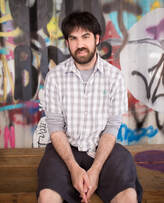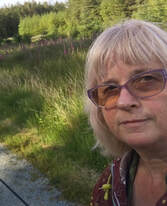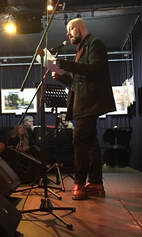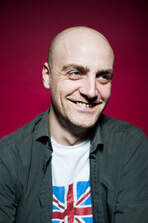Our features page will showcase editorials from our eclectic list of superb authors.
These articles will provide some behind-the-scenes background on how these novels came to be and the motivation for the authors.
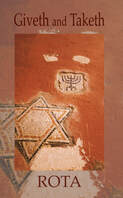
“It's not a pretty world, Papa.'
'I've noticed,' my father said softly.” ― Chaim Potok, My Name Is Asher Lev Rota’s experience and his political theology as a Jewish person in the modern political context. Read Feature Here ... |
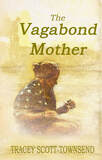
The Vagabond’s Mother:
The Inspiration behind her novel The Vagabond Mother by Tracey Scott-Townsend. Read Feature Here ... |
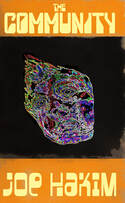
Origins of The Community
by Joe Hakim Here Joe talks about things that influenced his debut novel The Community and you can read a couple of excerpts from the book Read Feature Here ... |
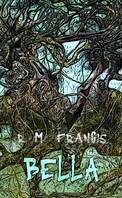
Unlooked for Places
by R.M. Francis Rob Francis explores the spaces where urban and rural mix, where industrial decay and the weeds of semi-rural space tangle for territory. The back-drop for his urban tale of myth and true crime, Bella. Read Feature Here ... |
